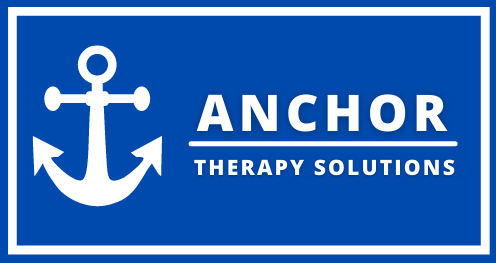Vision Rehab
Enhancing Independence and Quality of Life: The Role of Occupational Therapists in Vision Rehabilitation
Introduction
Visual impairments can significantly impact an individual's daily functioning, independence, and overall quality of life. From blurred vision to complete blindness, these conditions pose unique challenges that require specialized intervention. In the realm of vision rehabilitation, occupational therapists play a crucial role in helping individuals with visual impairments maximize their independence and regain control over their lives. In this blog article, we will explore the various visual impairments and shed light on how occupational therapists empower individuals to overcome these challenges.
Understanding Visual Impairments
Visual impairments encompass a wide range of conditions, including low vision, legal blindness, and total blindness. Low vision refers to a visual acuity of 20/70 or worse, even with the use of corrective lenses. Legal blindness is defined as visual acuity of 20/200 or worse, or a visual field of less than 20 degrees, in the better eye with the best possible correction. Total blindness, on the other hand, refers to the absence of visual perception.
Visual impairments can arise from various causes, such as age-related macular degeneration, diabetic retinopathy, glaucoma, cataracts, retinitis pigmentosa, or traumatic eye injuries. Each condition presents unique challenges that require tailored interventions to address the specific needs and goals of the individual.
The Role of Occupational Therapists in Vision Rehabilitation
Occupational therapists specializing in vision rehabilitation are experts in assessing and addressing the functional implications of visual impairments. They work closely with individuals to develop customized treatment plans and strategies aimed at enhancing their independence, productivity, and overall well-being.
Assessment and Intervention
The initial step in vision rehabilitation involves a comprehensive assessment by the occupational therapist. This assessment evaluates the impact of visual impairments on activities of daily living (ADLs), instrumental activities of daily living (IADLs), mobility, and community participation. It also considers the individual's goals, personal context, and environmental factors.
Based on the assessment findings, the occupational therapist develops an intervention plan that may include a range of strategies and techniques. These may include:
Adaptive Techniques: Occupational therapists teach individuals alternative methods to accomplish daily tasks. This may involve introducing specialized tools and technologies, such as magnifiers, talking clocks, large-print materials, and voice-activated devices. They also educate individuals on proper lighting, contrast, and positioning to optimize their visual abilities.
Skills Training: Occupational therapists provide training to enhance specific skills, such as reading and writing, cooking, personal grooming, and household management. They may teach techniques like eccentric viewing (using peripheral vision to compensate for central vision loss) and scanning strategies to facilitate effective task completion.
Sensory Integration: Individuals with visual impairments often rely on their other senses, such as touch, hearing, and proprioception. Occupational therapists help individuals integrate and utilize these senses effectively to compensate for vision loss. They may employ activities that stimulate other senses, such as tactile discrimination tasks, auditory cues, proprioceptive exercises and beyond.
Environmental Modifications: Occupational therapists evaluate the individual's home, workplace, and community environments to identify barriers and make necessary modifications. This may involve rearranging furniture, improving lighting conditions, removing hazards, and introducing color contrasts to enhance safety and accessibility.
Promoting Emotional Well-being and Adaptation
Vision loss can lead to emotional distress, decreased self-confidence, and feelings of isolation. Occupational therapists recognize the importance of addressing the psychological and emotional aspects of vision loss. They provide emotional support, counseling, and strategies to cope with the challenges associated with visual impairments. Our therapists offer cognitive therapy including Cognitive Behavioral Therapy and beyond in order to improve quality of life. Additionally, they help individuals connect with support networks and community resources, fostering social participation and reducing isolation.
Collaboration and Multidisciplinary Approach
Occupational therapists work collaboratively with other professionals, such as ophthalmologists, optometrists, orientation and mobility specialists, and rehabilitation counselors. This multidisciplinary approach ensures a comprehensive and coordinated vision rehabilitation plan, addressing various aspects of the individual's needs.
Conclusion
Visual impairments can profoundly impact an individual's life, limiting independence and participation in daily activities. Occupational therapists play a crucial role in empowering individuals to overcome these challenges. By providing client-specific interventions, strategies, and emotional support, occupational therapists enable individuals with visual impairments to regain independence, enhance their quality of life, and actively engage in the world around them. Through their expertise and dedication, occupational therapists serve as invaluable guides in the journey of vision rehabilitation.


